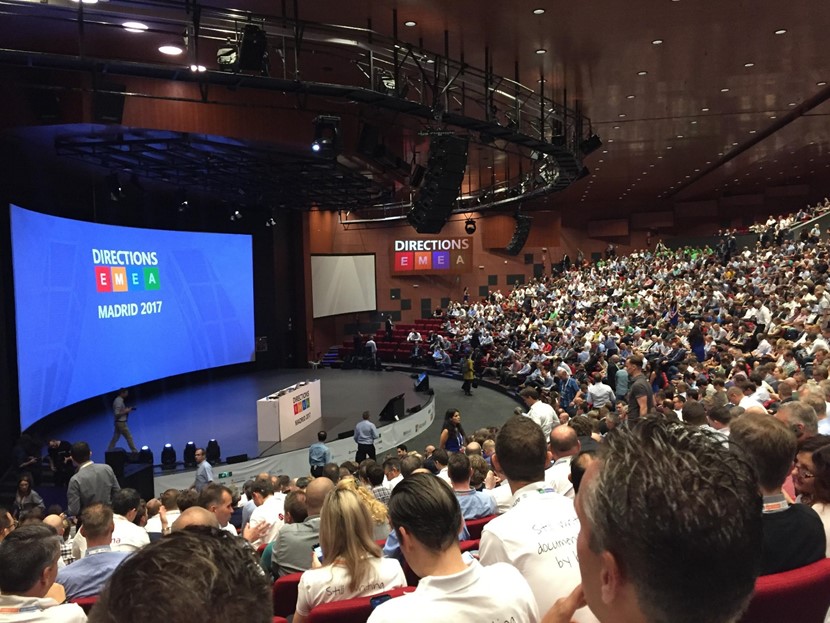Often, we see that consultants and developers employed at a partner, are stuck with the same customers and the same versions of Navision, Dynamics NAV or Business Central. This is ok because that also means that the consultants and developers become experts at the version or the customer in question.
However, it can be a problem allowing this to happen:
- The consultant becomes the “house consultant” at the customer, which means that if the consultant leaves the partner, the customer will follow.
- The customer becomes more of an employer for the consultant than the partner, which means that the partner cannot allocate the consultant for other tasks.
- Sometimes, the consultant even is hired directly by the customer
- The consultant gets stuck on the version that is installed at the customer.
- The consultant wants to experience other customers or versions
The worst-case scenario, that I have seen, was one consultant that worked for one customer for 12 years. That would be ok if only the customer was not running the same version all 12 years. This being in 2015, the consultant was still “stuck” in version 4.0 and didn’t have any experience about the:
- Service Tiers
- Role Centers
- Web Services
- oData
Evidently, the consultant quit with the partner to get away from the customer. That didn’t work because the customer followed him to the new partner, not being able to let go of all the knowledge built up over the years.
This is an extreme example, but I have seen it many times over the years. As a department head, we very often had to make a rotation of consultants to ensure that knowledge about the customer was not locked to one consultant, and therefore, it was possible to switch consultants on holidays, sickness or other types of leave.
The problem is not only the customer/consultant relation, but mainly that the consultant is not educated about new versions and the new functionality that follows.
As a department head for many consultants, developers, project managers and coordinators, I demanded that everybody attended the Friday morning breakfast meeting. Only exception was if they were in a go-live situation, vacation, sickness or other unavoidable situations.
The meeting had the following agenda:
- Messages from management
- News from Microsoft
- New projects coming in
- Status on the existing projects
- Problems/hotfixes that everybody needed to know about
- Tips for Wizards (Aha experiences that should be shared with others)
The top-management hated this meeting and usually argumented: “Have you done the math: X consultants * Hourly rate * 52 weeks = a lot of money”, but I kept the meeting. Years later another department head has removed the meeting, and when I returned to the department 2 years later there was almost no-one left.
This leads me to the topic of this blog post, if your employees do not feel:
- Connected to the partner company
- Connected to the colleagues
- Having upgraded their knowledge
- Being heard (I don’t want to be exclusively at this customer or I want to be acdeveloper instead)
- Being appreciated and validated
Then it is the simplest thing in the world to switch to another partner.
Knowledge upgrade can come in many forms:
- Weekly or monthly educational sessions
- Periodically held courses by internal or external trainers or speakers
- Team building
- Certifications
- External courses
-
Participating in either:
- Directions4Partners (DOK)
- Directions4Partners (EMEA or NA)
- BC Techdays (for developers)
Already this, will ensure more satisfaction in the employment and may keep your employee a little longer, benefiting all parties.
Just remember if you are at a standstill, there is no progress. How can you expect excellence of your employees if you are the one holding them back?
